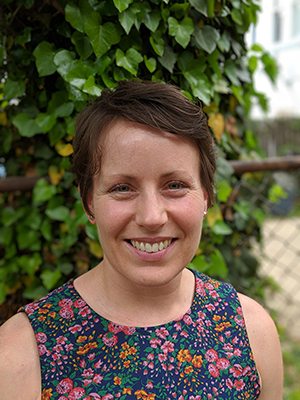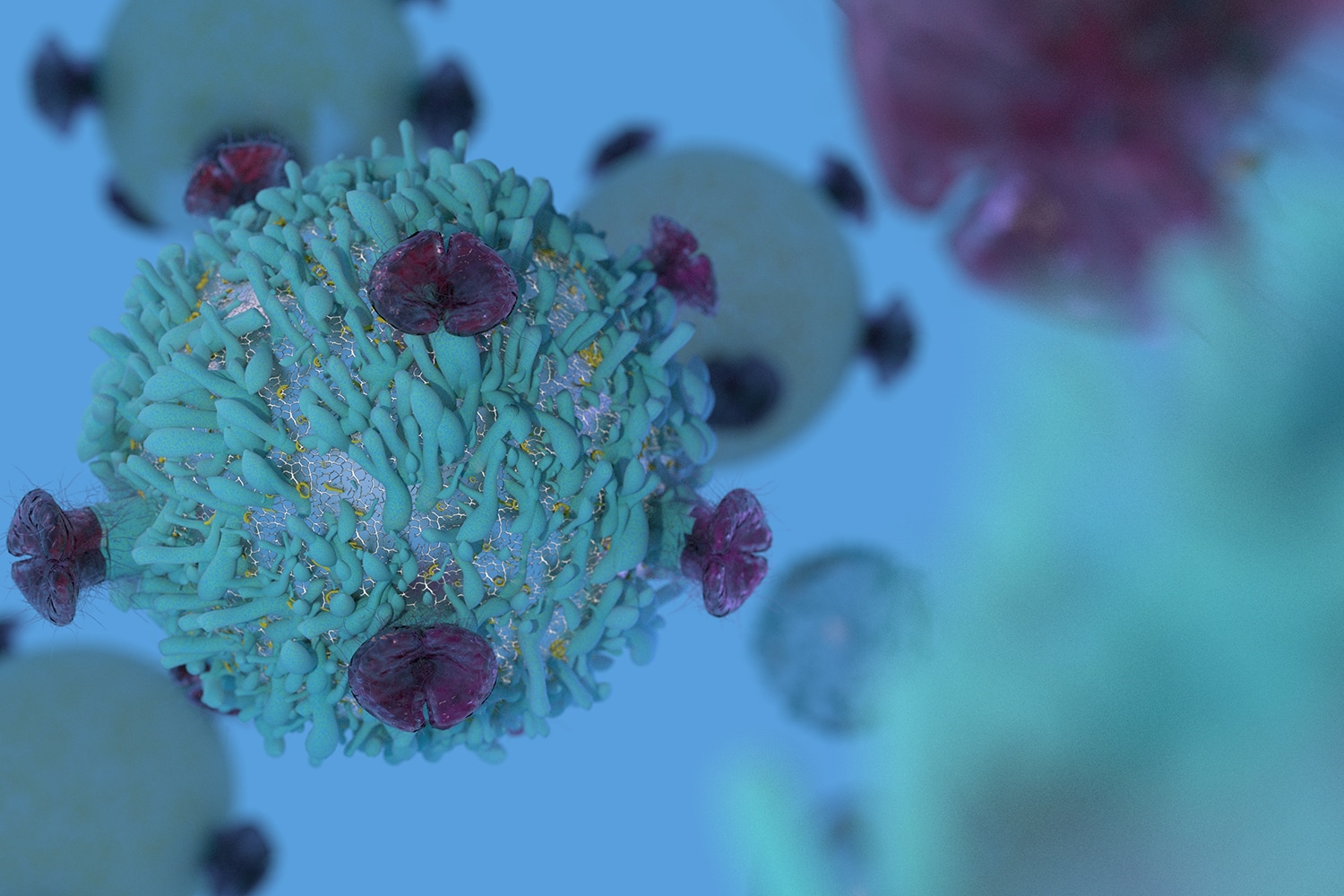
Elizabeth KS Barksdale, PhD Photo courtesy of Elizabeth KS Barksdale, PhD
THE FIELD OF CANCER IMMUNOTHERAPY has grown quickly since the U.S. Food and Drug Administration (FDA) first approved an immune checkpoint inhibitor to treat cancer in 2011. There are now seven FDA-approved checkpoint inhibitors used to treat an ever-increasing number of cancer types. Ongoing clinical trials are investigating combinations of checkpoint inhibitors with other cancer therapies for treatment.
But while checkpoint inhibitors and other immunotherapies are remarkably effective in treating patients with some cancers, they can carry risks. Reports of adverse events in which the immune system responds too strongly to an immunotherapy treatment surfaced early in the development of checkpoint inhibitors. All currently approved immunotherapies pose this risk.
To address the issue, the American Association for Cancer Research (AACR) joined with the National Cancer Institute (NCI), the National Institute of Allergy and Infectious Diseases, and the National Institute of Arthritis and Musculoskeletal and Skin Diseases to convene the “NIH-AACR Cancer, Autoimmunity, and Immunology Conference” April 15-16 on the National Institutes of Health (NIH) campus in Bethesda, Maryland.
The conference gathered scientists to discuss new findings that might inform future study of autoimmune disease and new responses to immune-related adverse events that may arise during and after cancer immunotherapy. The importance of interdisciplinary research was illustrated by Jarushka Naidoo, MBBCh, who spotlighted the Immune-Related Toxicity Team from the Johns Hopkins Health System in Baltimore. The group draws upon the expertise of oncologists, pathologists, radiologists and clinicians from 20 medical subspecialties to offer tailored treatment recommendations on complex cases and uncover trends in the development and severity of adverse events.
Demonstrating how collaborative work can foster clinical research, David Kozono, MD, PhD, of Dana-Farber Cancer Institute in Boston told attendees about plans to launch a biorepository to aid in studies that seek to improve understanding of severe immune-related adverse events. By collecting biospecimens from patients enrolled in clinical trials testing immuno-oncology agents and analyzing those samples together with clinical data, investigators hope to better predict which patients will develop toxicities and how best to treat them.
These two examples typify a critical takeaway from the conference: NIH support for basic, translational, clinical and interdisciplinary research leads directly to major advances in cancer immuno-oncology that benefit patients today. Policymakers must continue to provide the NIH with robust, sustained and predictable annual funding increases to address challenges that remain, including those discussed at the conference.
Among others who presented at the conference were Mark Anderson, MD, PhD, of the University of California, San Francisco, who reported on how the disruption of T cell tolerance in autoimmunity, specifically type 1 diabetes, can inform our understanding of T cell responses to immunotherapy, and Stephanie Watowich, PhD, of the University of Texas MD Anderson Cancer Center in Houston, who presented her research on the role of dendritic cells in immune-related adverse events. Anderson and Watowich received funding from the Beau Biden Cancer Moonshot Initiative. Congress allocated $1.8 billion to the NCI over seven years for the Moonshot Initiative in order to support cancer research, with the goal of making more therapies available to more patients sooner.
Cancer Today magazine is free to cancer patients, survivors and caregivers who live in the U.S. Subscribe here to receive four issues per year.





